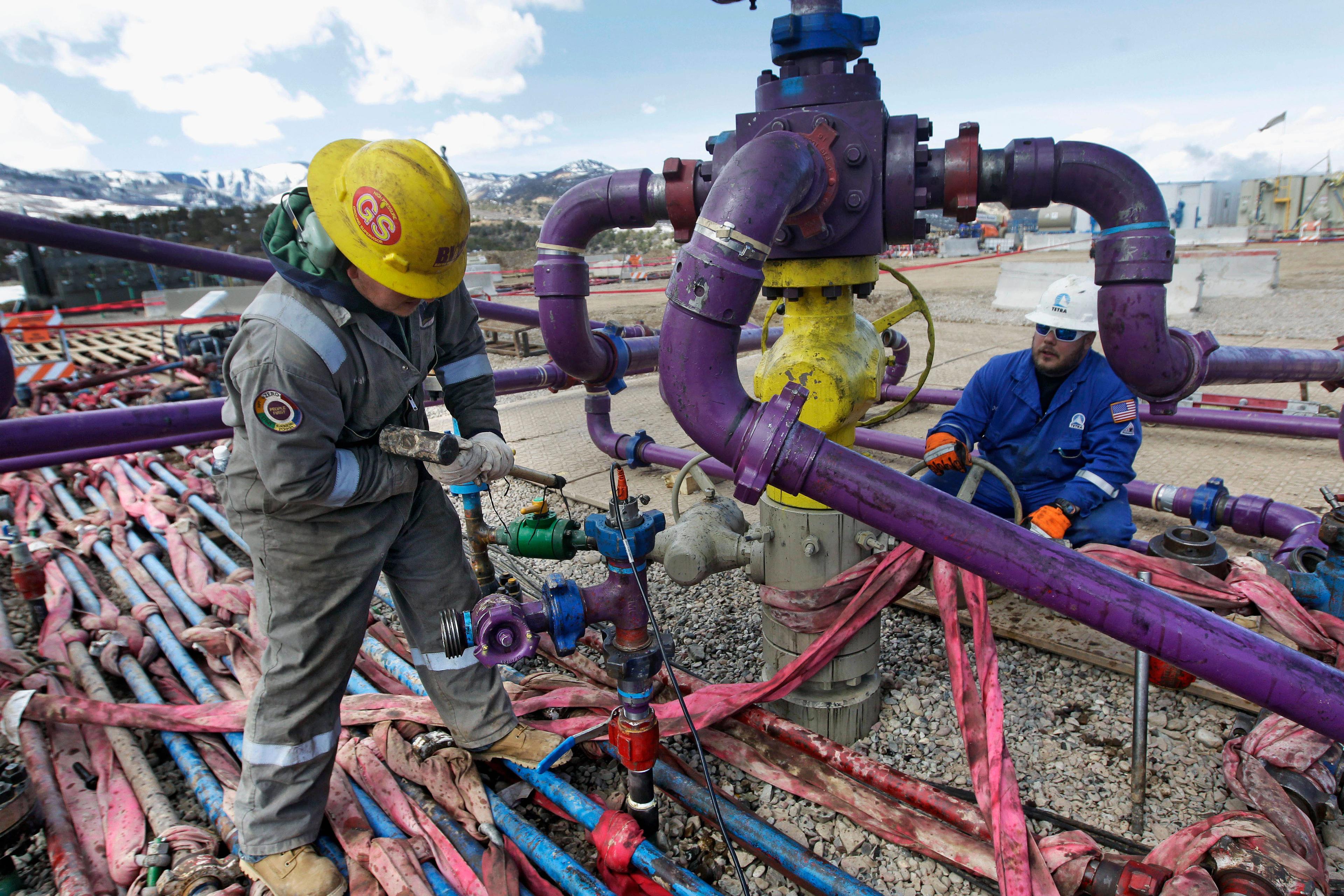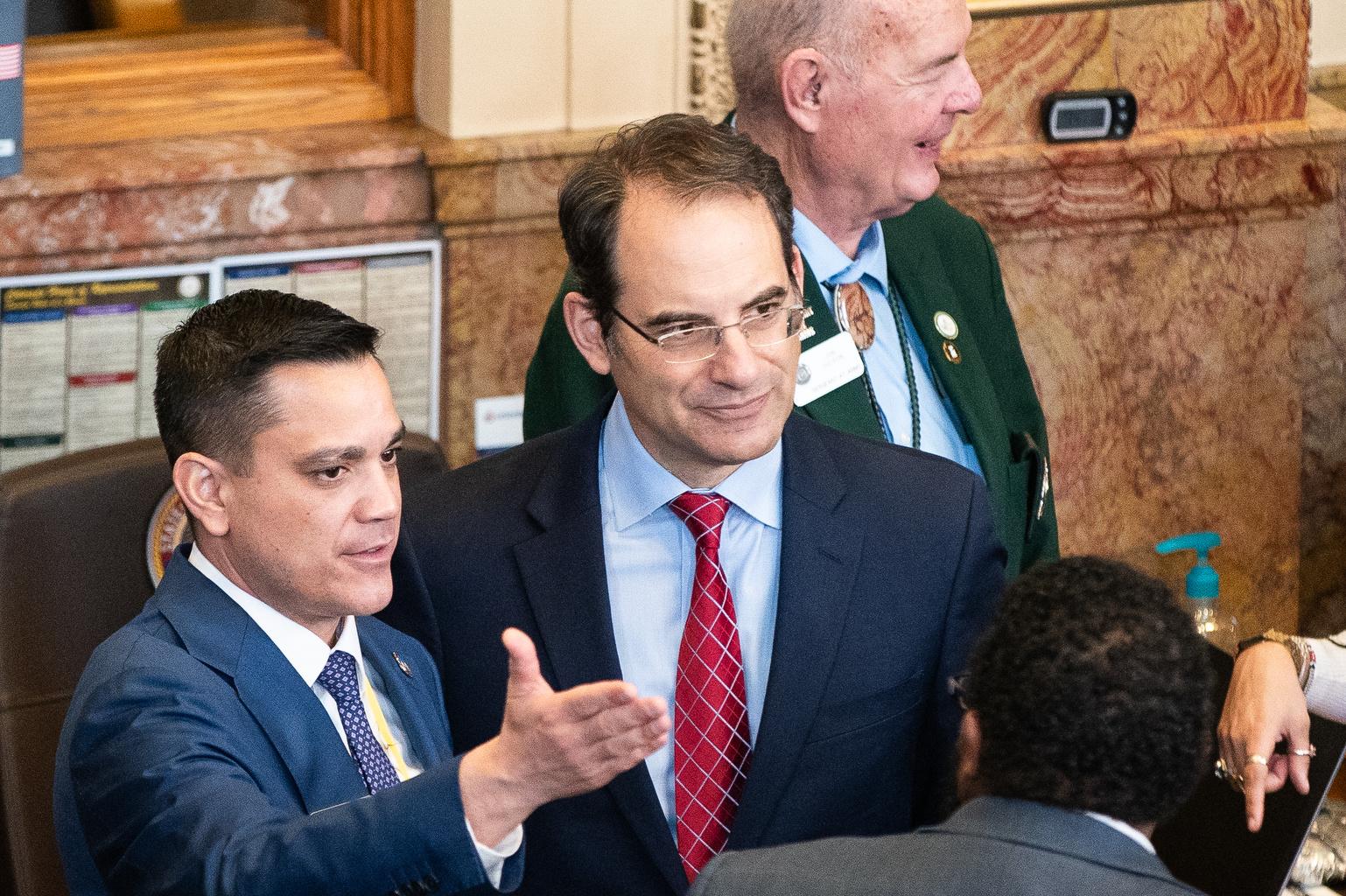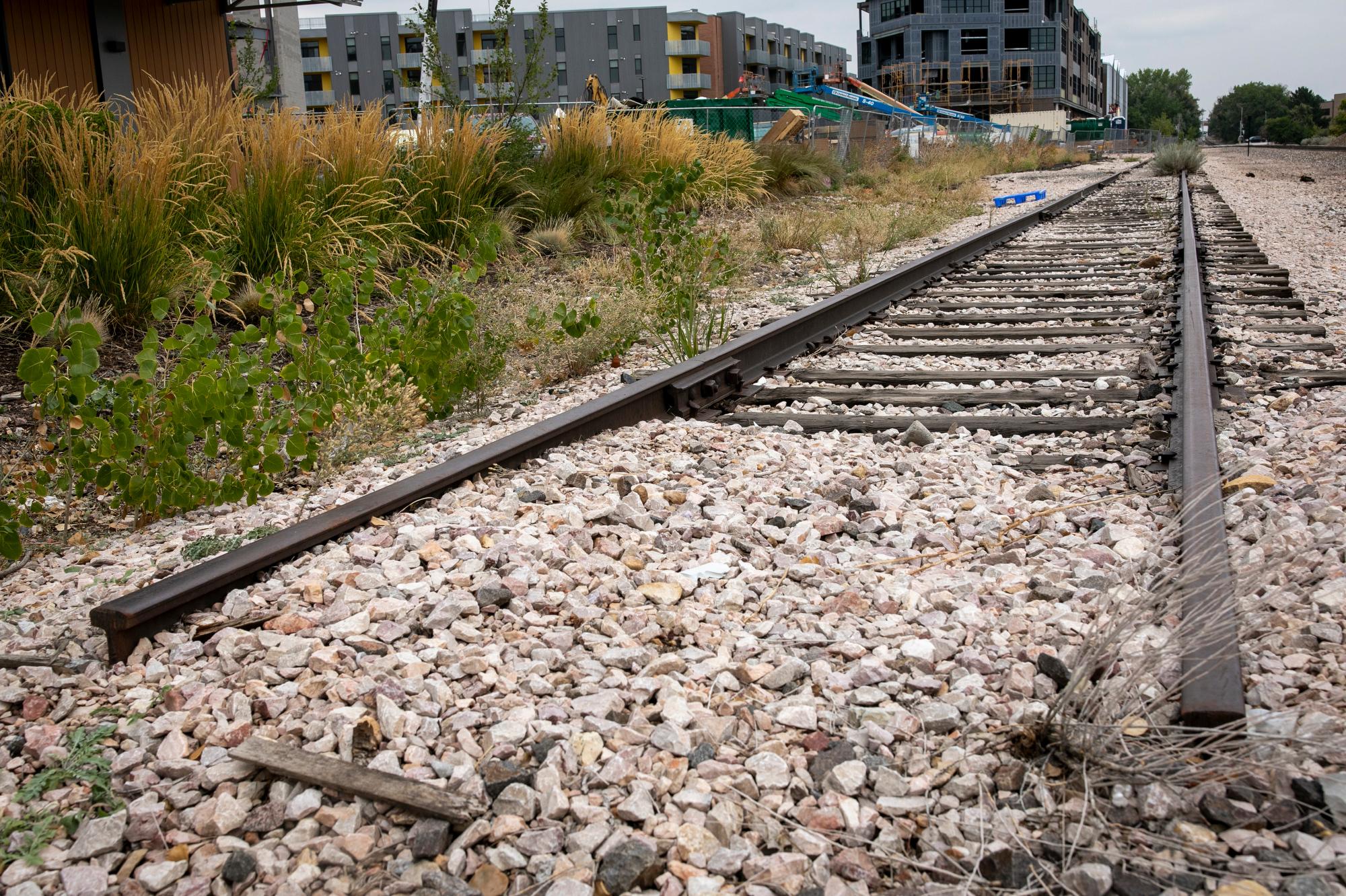
On Election Day, voters soundly defeated an attempt to push oil and gas wells 2,500 feet away from homes. Proposition 112 supporters are now regrouping and looking at what Democratic control of state government could mean for their cause.
“We really need to put the oil and gas wars to bed,” said incoming Democratic Speaker of the House K.C. Becker on election night. “I think we can find compromise that will keep communities feeling safer without putting the oil and gas industry out of business.”
Potential legislation is a ray of hope for environmentalists who seemed out of avenues for change. In 2016, the Colorado Supreme Court struck down city-level efforts to ban hydraulic fracturing and push development away from urban areas. That’s why activists made their appeal directly to voters in 2018 with the statewide ballot measure.
Once they got into the election a tidal wave of money awaited them. The state’s energy industry poured nearly $40 million into defeating Proposition 112. Through TV ads and mailers they argued there was too much at stake, including 29,000 jobs that hung in the balance.
Going forward, Anne Lee Foster with pro-Proposition 112 group Colorado Rising said she’d like to see state lawmakers take up bigger setbacks between new wells and homes. It’s also something the environmental group Conservation Colorado said it will support.
“The loss has actually solidified and deepened the conviction of the community to really make something happen and make some real change here,” said Foster, who added that she and Colorado Rising aren’t ruling out another statewide ballot issue for 2020.
Lawmakers produced small changes during the 2018 legislative session. The deadly Firestone explosion prompted bills that gave more funds to fix older orphan wells. They also expanded the notification period for when companies collectively group mineral rights, known as forced pooling. At the Colorado Oil and Gas Conservation Commission, regulators pushed change on flowline legislation. But for activists, that wasn’t enough.
Activists hope for more from a Democrat controlled state legislature, which will include new faces like Jaquez Lewis from Boulder County.
“There are so many newly elected and incumbents that want to take a look at this as a team approach, ” said Rep.-elect Lewis.
When lawmakers get back together in January 2019, work will have to happen without some of the most strident fracking opponents. Former state Sen. Matt Jones will move on to become a Boulder County Commissioner. For him, there’s still time to resurrect his bill that allows local governments to plan, zone and deny drilling permits like any other land use issue.
“Local governments do this every week. It’s just standard practice. This is the only [industry] that’s allowed to circumvent this,” Jones said.
Even with a newly-minted trifecta control of the levers of government, Democrats will face roadblocks. Oil companies have successfully argued in front of the Colorado Supreme Court that production rights are protected by state law, specifically the Colorado Oil and Gas Conservation Act. The industry will also argue that permit rejections will mean lost revenue, which could impact jobs.
In the past, the industry has used lobbying power to push back against local government control. Jones pointed out that’s not something that’s going to go away with Democratic control.
“[The industry is] willing to spend a bunch of money because they’re making a bunch of money. And our priority should be protecting people, not corporate profits,” Jones said.
Oil and gas industry power is one reason Ann Lee Foster and Colorado Rising will keep a wary eye on the 2019 session.
“We want to participate,” said Foster. “ But we also don’t a lot of hope there. We will continue to organize in other ways.”
Significant change for the group may have to come from another place, including a direct appeal to voters again in 2020. For now, one thing is clear: When it comes to oil and gas local controls, environmentalists and Democrats have a lot to discuss in the coming months.









